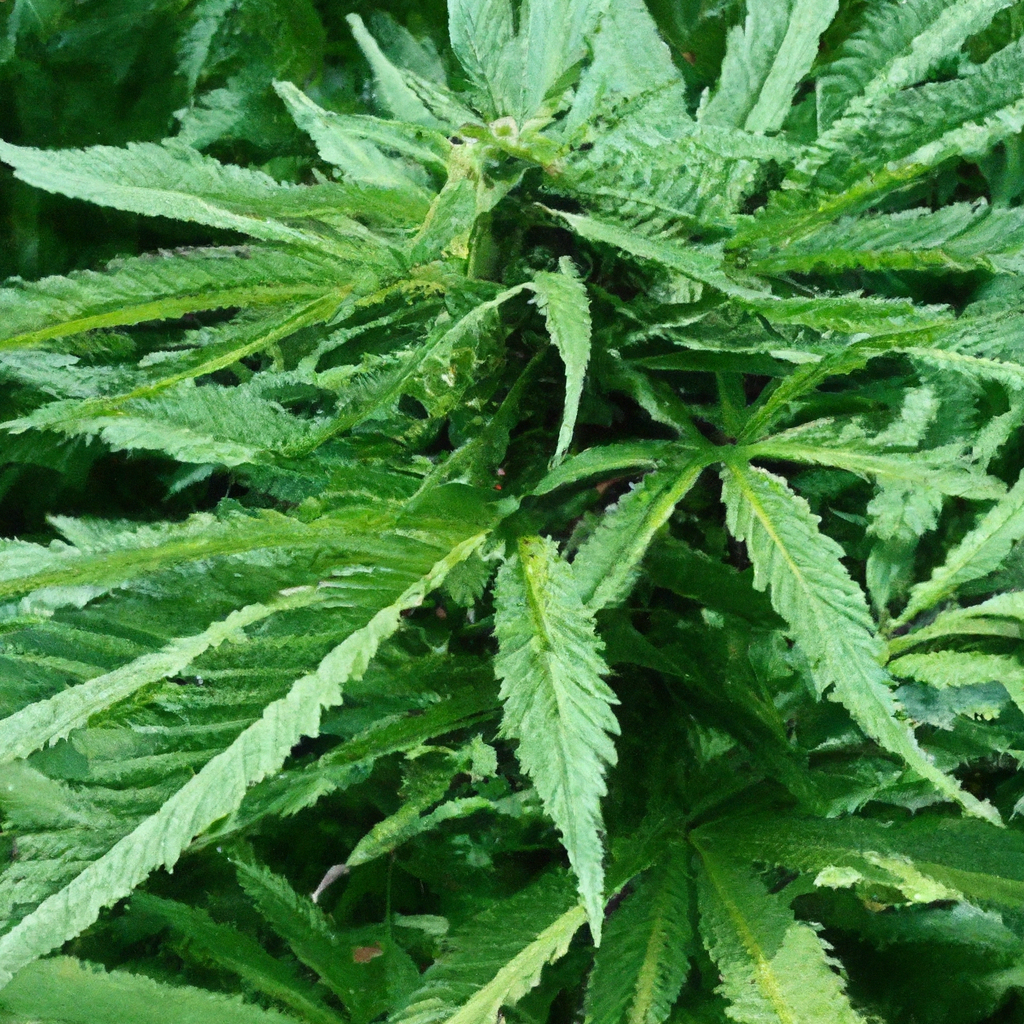Your cart is currently empty!
Introduction
In the realm of cannabis cultivation, organic growing practices are gaining significant traction. These methods not only benefit the environment by reducing chemical usage but also provide consumers with a more natural product. This article explores the best practices for cultivating cannabis organically, focusing on building healthy soil ecosystems, using natural fertilizers, and employing sustainable pest control methods.
Building a Healthy Soil Ecosystem
Creating a robust soil ecosystem is the foundation of organic cannabis cultivation. Healthy soil supports root development, nutrient absorption, and overall plant health.
- Compost Integration: Use well-decomposed compost to enhance soil fertility. Compost encourages the proliferation of beneficial microbes and provides plants with a slow-release nutrient source.
- Mulching: Apply organic mulch such as straw or wood chips to regulate soil temperature, retain moisture, and prevent weed growth.
- Crop Rotation: Implement crop rotation to prevent soil depletion, disrupt pest cycles, and improve soil structure over time.
Utilizing Natural Fertilizers
Natural fertilizers play a pivotal role in organic cannabis cultivation, supplying essential nutrients without synthetic chemicals.
- Compost Tea: Brew compost tea by steeping compost in water. This liquid fertilizer boosts soil microbial activity and plant resilience.
- Bone Meal and Fish Emulsion: These are excellent sources of phosphorus and nitrogen, respectively, fostering strong root and foliage growth.
- Seaweed Extract: Rich in potassium and trace minerals, seaweed extract enhances plant stress tolerance and improves overall vigor.
Sustainable Pest Control Methods
Avoiding synthetic pesticides is a key aspect of organic farming. Adopting sustainable pest control ensures that cannabis plants thrive without harming beneficial insects and the environment.
- Companion Planting: Planting herbs like basil and marigold near cannabis can repel harmful insects and attract beneficial predators.
- Beneficial Insects: Introduce natural enemies such as ladybugs and predatory beetles to control pest populations biologically.
- Neem Oil: This organic pesticide disrupts the hormonal systems of insects, effectively managing pests while leaving fewer residues.
Conclusion
Embracing organic cannabis cultivation practices not only contributes to a healthier planet but also results in superior-quality cannabis. By focusing on soil health, employing natural fertilizers, and using sustainable pest control techniques, growers can produce environmentally friendly cannabis while meeting consumer demand for natural products. The journey to organic cultivation is as rewarding for the earth as it is for the plants themselves.
Discover more from Magic Clones
Subscribe to get the latest posts sent to your email.


Leave a Reply